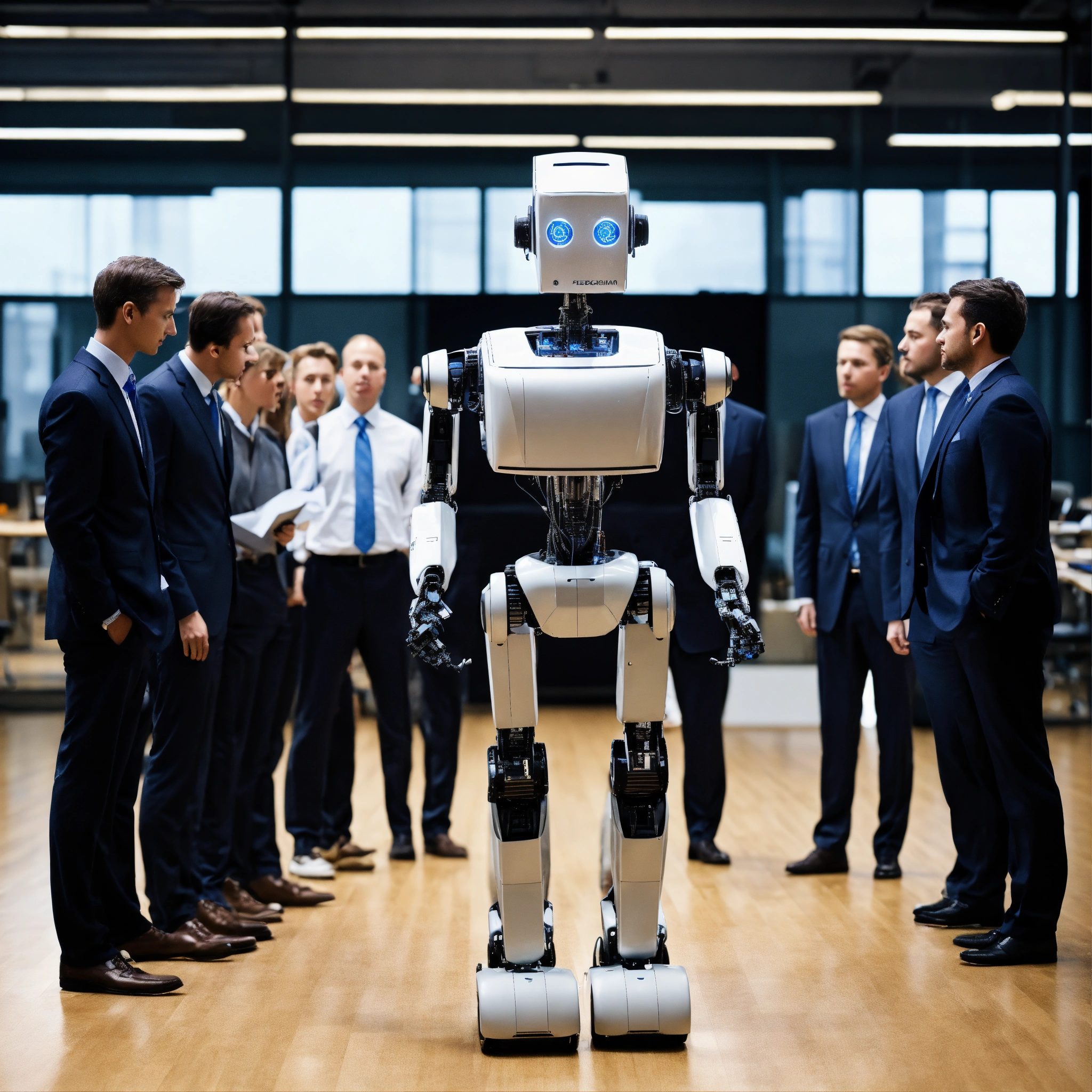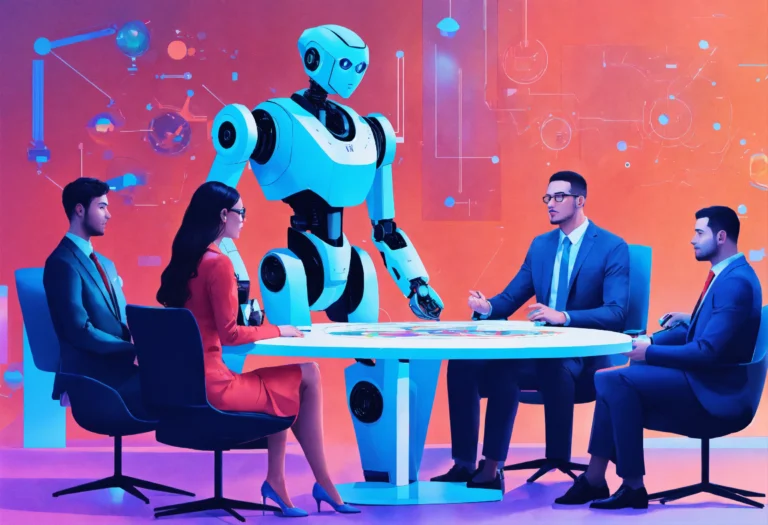Just as the industrial revolution transformed labor, automation is now reshaping jobs in ways that could dramatically affect your career prospects and work-life balance. As you navigate this emerging landscape, you must understand how automation technologies like AI and robotics will enhance some roles while rendering others obsolete. This shift presents both opportunities for innovation and significant challenges to job security. By staying informed and adaptable, you can position yourself effectively in a rapidly evolving job market.
The Rise of Automation
Before exploring into the implications of automation on the workforce, it’s imperative to understand what automation entails and its different forms.
Definition and Types of Automation
Automation refers to the use of technology to perform tasks with minimal human intervention. The types of automation include:
- Fixed or Hard Automation: Involves specialized equipment to automate a specific set of tasks.
- Programmable Automation: Allows reprogramming of equipment to handle different tasks in batches.
- Flexible or Soft Automation: Can be easily reconfigured for various tasks or products.
- Industrial Robots: Machines that can automate tasks traditionally performed by humans, such as assembly lines.
- Artificial Intelligence (AI): Technologies that enable computers to mimic human intelligence in performing tasks.
After understanding these types, you will recognize how ubiquitous automation has become in your everyday work life.
| Type of Automation | Description |
| Fixed or Hard | Specialized equipment for specific tasks. |
| Programmable | Reprogrammable for different batch tasks. |
| Flexible or Soft | Easily reconfigured for various products. |
| Industrial Robots | Machines automating assembly line tasks. |
| AI | Tech mimicking human intelligence for tasks. |
Historical Context of Automation in Work
Historical developments have played a crucial role in the evolution of automation in your workplace.
Plus, the journey began with the Industrial Revolution, which marked a significant shift from manual labor to machine-based production. As technologies advanced, such as the introduction of the assembly line in the early 20th century, production became more efficient, yet it also posed threats to jobs, driving many workers to the brink of unemployment. The rise of computers in the latter half of the century further accelerated this trend, with machines taking over routine tasks. Thus, while automation offers remarkable benefits, including enhanced productivity, it also creates areas of concern you need to be aware of.
Impact on the Job Market
One of the most significant outcomes of automation is its effect on the job market, where traditional employment landscapes are rapidly evolving. As machines and algorithms take over certain tasks, you may find that roles once considered secure now face challenges and transformations.
Job Displacement Trends
Impact studies show that automation has led to the displacement of many jobs, particularly in sectors that rely heavily on routine tasks. This trend is expected to accelerate, leaving you to consider the viability of your current position in an increasingly automated economy.
Creation of New Job Categories
With the rise of automation comes the emergence of new job categories that did not exist before. These roles typically require skills in managing, programming, and maintaining automated systems, meaning you’ll likely need to upskill or reskill to remain competitive.
Another aspect to consider is how automation can potentially lead to more specialized and higher-paying job opportunities. As certain tasks become automated, the demand for professionals who can design, implement, and oversee these automated systems increases. This transition can offer positive prospects for those willing to adapt and embrace continuous learning. By being proactive in enhancing your skill set, you can position yourself to capitalize on the opportunities that arise from an increasingly automated workplace.
Skills for the Future
While the landscape of work continues to evolve due to automation, understanding the skills needed to thrive is crucial for your career success. As technology advances, you must adapt to remain relevant and enhance your value in the workforce.
Essential Skills in an Automated World
To navigate an increasingly automated world, you should focus on developing critical thinking, creativity, and emotional intelligence. These skills complement technological proficiency and empower you to solve complex problems, innovate effectively, and collaborate with diverse teams, ensuring that you remain indispensable in your role.
The Importance of Lifelong Learning
Future developments in automation demand that you embrace lifelong learning. This means continuously updating your skill set to keep pace with industry shifts and technological advancements.
Another vital aspect of thriving in an automated future is fostering a strong commitment to lifelong learning. By actively pursuing new knowledge and skills, you not only enhance your adaptability but also open doors to greater career opportunities. Engaging in online courses, attending workshops, and participating in professional networks can significantly boost your prospects, enabling you to respond adeptly to the challenges and demands of an ever-changing job market. Embrace change, and invest in your future success.
Ethical Considerations
Once again, the conversation around automation cannot ignore the ethical implications of its rapid integration into the workforce. As you explore into the digital landscape, it’s crucial to address how these shifts impact not only productivity but also the well-being of individuals and communities.
Workforce Inequality
Workforce inequality is a pressing concern as automation could exacerbate the divide between high-skill and low-skill jobs. You must consider that while some employees will gain lucrative opportunities, others may face job displacement and diminished chances for upward mobility.
The Role of Regulation
An effective regulatory framework is vital to navigate the complexities introduced by automation. You may find that thoughtful policies can help to minimize job loss and ensure equitable access to new opportunities in the evolving workforce.
Regulation plays a critical role in shaping the future of work by addressing the challenges presented by automation. Policymakers must craft adaptive laws that protect workers from the potential deleterious effects of automation, while also fostering innovation. By establishing a balanced approach, you can help to ensure that the benefits of automation are distributed fairly. Empowerment through education and reskilling programs can further mitigate the risks associated with job displacement, promoting a more inclusive labor market for all.
Final Words
Following this exploration of automation’s impact on careers, it is clear that your adaptability will be crucial in navigating this evolving landscape. As technology reshapes job roles and demands new skills, staying informed and proactive will empower you to embrace these changes. By embracing lifelong learning and flexibility, you can harness the benefits of automation, turning potential challenges into opportunities for growth and success in your professional journey.




